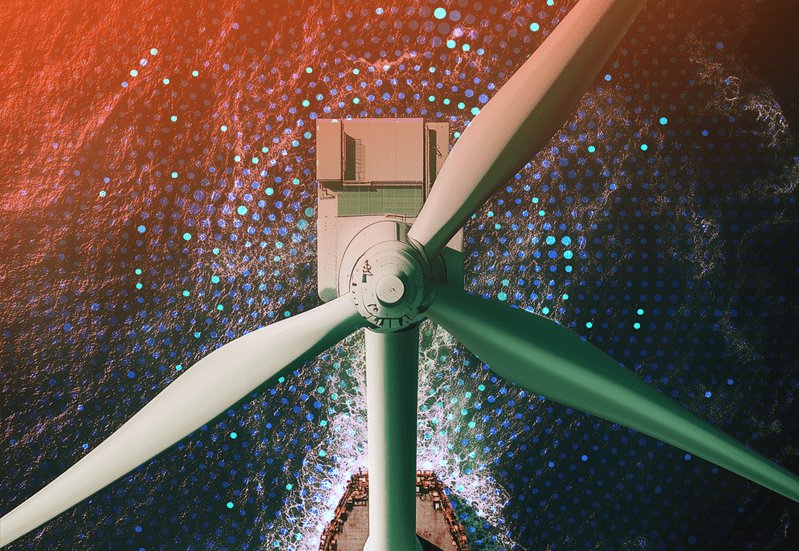
In May 2024, our team embarked on an infrastructure research trip to Europe to explore the evolving landscape of infrastructure investments. The trip was particularly timely given Europe’s energy markets had emerged from the energy security crisis in 2022. This crisis accelerated the European Union’s (EU) efforts to advance its energy transition and decarbonisation agenda. As a result, the European infrastructure sector has become a major beneficiary of EU initiatives, leading to the emergence of numerous energy transition managers and strategies. Our secondary objective for this trip was to identify attractive energy transition and higher risk/return investment opportunities for our investors.
Throughout the trip, we engaged with a diverse range of infrastructure managers, institutional investors, and portfolio company management teams, while also touring assets in Copenhagen, London, and Paris. Our exploration extended to investment ideas in core and value-add infrastructure across sectors such as renewables, waste, digital and transport, with a European and global focus.
Our findings revealed that Europe’s priority on energy security has had meaningful impacts on decarbonisation efforts, renewable energy generation and energy innovation. European governments are also focussed on positioning their industrial firms as leaders in the green economy. We observed distinct regional strengths in investment capabilities, shaped by historical innovation, long-term investment trends and support from domestic institutions. London, for instance, has solidified its role as a regional hub for infrastructure investment, while the Nordics are renowned for their leadership in renewable energy innovation. Paris is gaining prominence as a centre for value-add investing, bolstered by the strength of French industrial firms.
On a macroeconomic level, the fundraising environment has slowed since the highs of 2021 and 2022, yet infrastructure managers remain optimistic. The EU’s substantial financial commitment to decarbonising its economies continues to benefit infrastructure. Political risk was observed as a major concern for infrastructure investments, despite several European Council and national elections taking place in 2024.
In the UK, the ongoing regulatory challenges between OFWAT (the UK’s water regulator) and private investors remain a point of contention, particularly following the debt default of Thames Water. The snap UK elections were called during our trip which saw the Labour Party replace the Conservative Party adding a new dimension to the post-Brexit landscape.
In our detailed paper, we examined some of the key drivers of the energy transition, including the Russia-Ukraine war, the push towards electrification, and the expansion of renewable energy infrastructure. We also explored a diverse range of investment opportunities in renewable energy generation and energy transition strategies, as well as European value-add infrastructure strategies. The analysis provides a comprehensive view of the investment landscape shaped by these key factors.
Learn more
Frontier met with a number of high-quality managers for energy transition, and core plus/value-add infrastructure. Consequently, Frontier is very well placed to assist clients with their infrastructure deployment, portfolio development and diversification objectives. If you are interested in learning more, please reach out to your consultant or a member of the Real Assets Team.
Clients can access the comprehensive research paper on Partners Platform.


